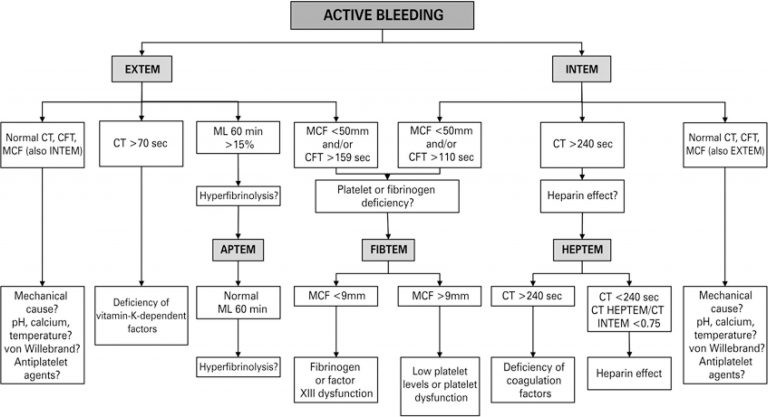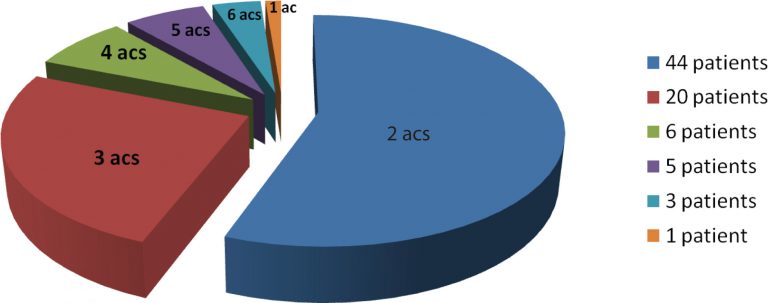05/Jun/2017
A new era of thromboelastometry
DOI: 10.1590/S1679-45082017MD3130
ABSTRACT Severe hemorrhage with necessity of allogeneic blood transfusion is common complication in intensive care unit and is associated with increased morbidity and mortality. Prompt recognition and treatment of bleeding causes becomes essential for the effective control of hemorrhage, rationalizing the use of allogeneic blood components, and in this way, preventing an occurrence of their potential adverse effects. Conventional coagulation tests such as prothrombin time and activated partial thromboplastin time present limitations in predicting bleeding and guiding transfusion therapy in […]
Keywords: Blood transfusion/adverse effects; Goal-directed therapy; Hemorrhage/prevention & control; Hemostatic drugs; Rotational thromboelastometry; Thrombelastography/methods
01/Apr/2011
Prevalence of erythrocyte alloimmunization in polytransfused patients
DOI: 10.1590/S1679-45082011AO1777
ABSTRACT Objective: To determine the incidence and the rate of red blood cell alloimmunization in polytransfused patients. Methods: A polytransfused patient was defined as having received at least 6 units of red cell concentrates during a 3-month period. The records of all patients (n = 12,904) who had received red blood cell units were examined retrospectively by searching the computer database at Hospital Israelita Albert Einstein in São Paulo, Brazil, over a 6-year period, between 2003 and 2009. Results: During […]
Keywords: Blood transfusion/adverse effects; Erythroblastosis, fetal; Erythrocytes/immunology



